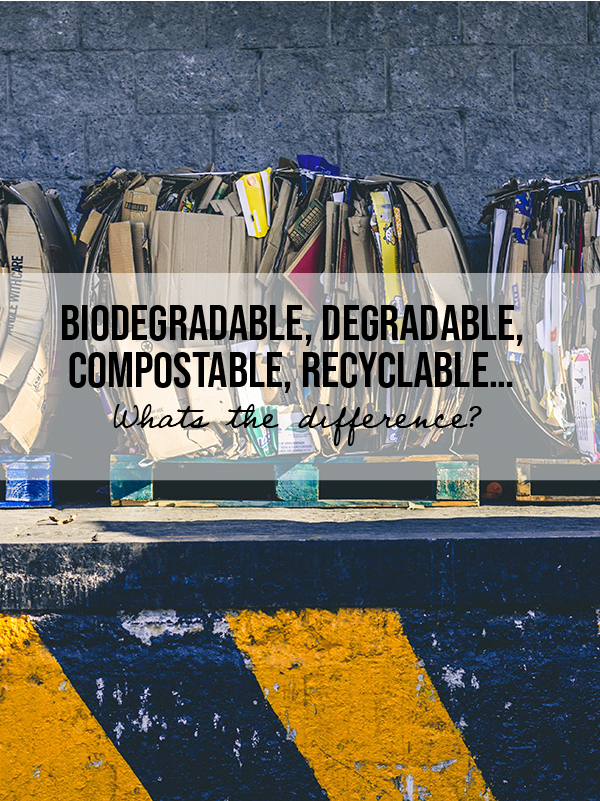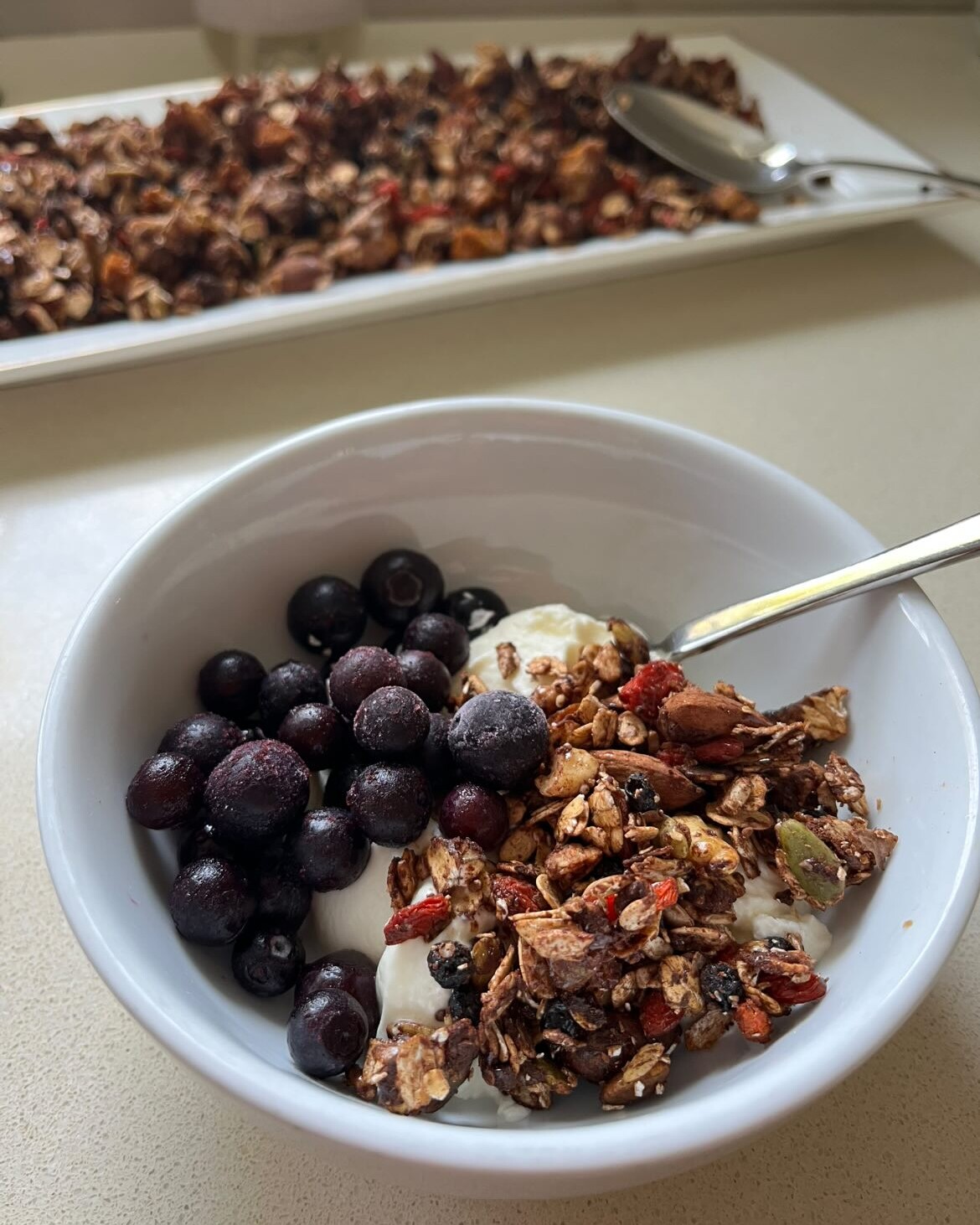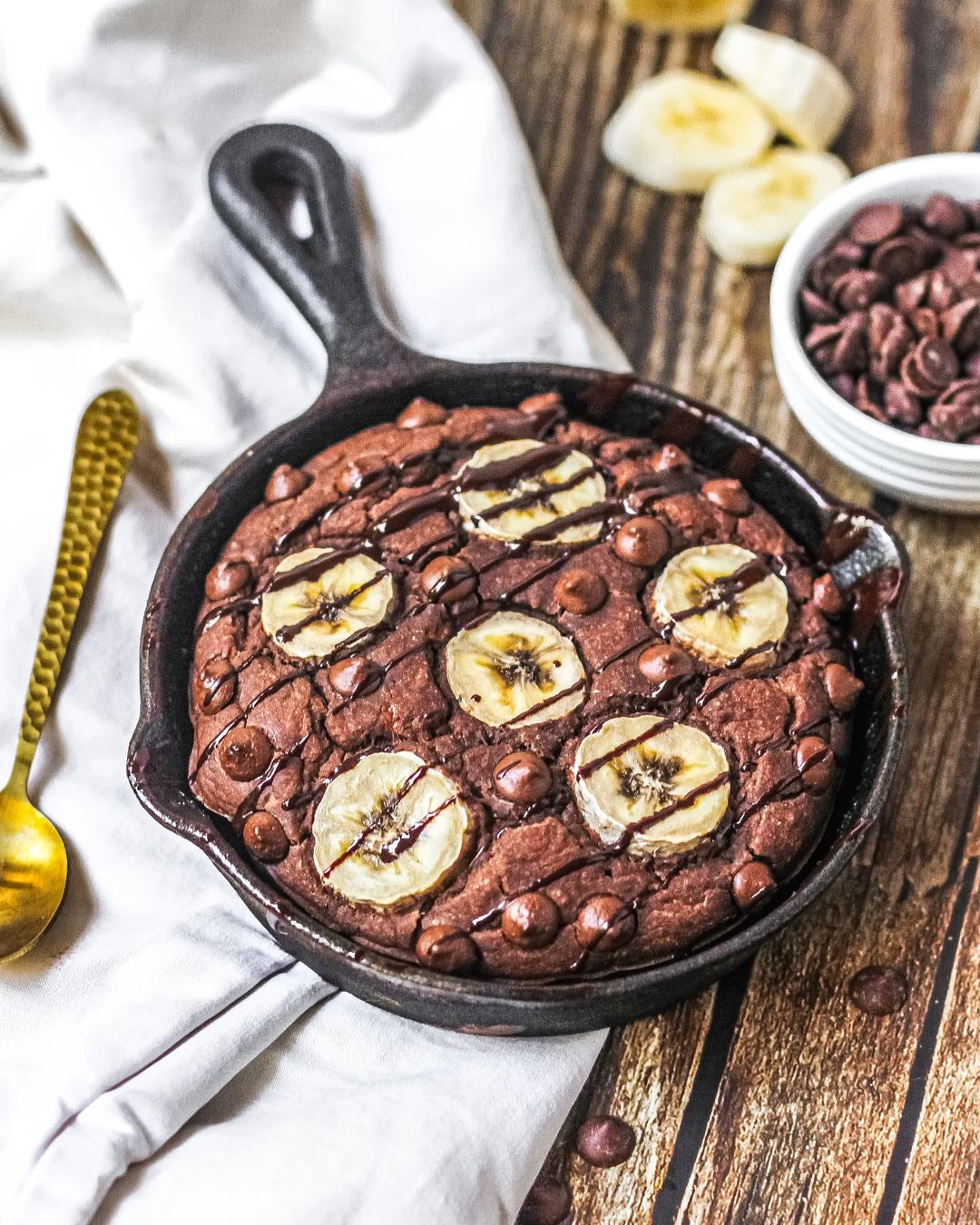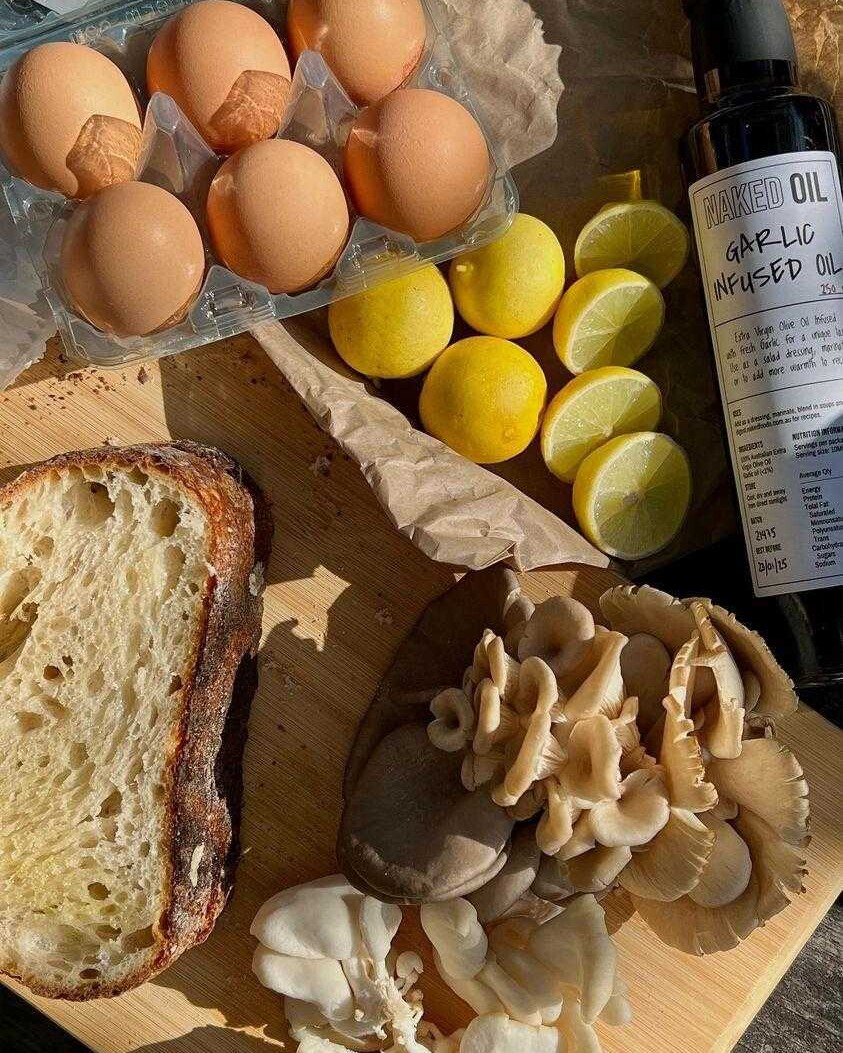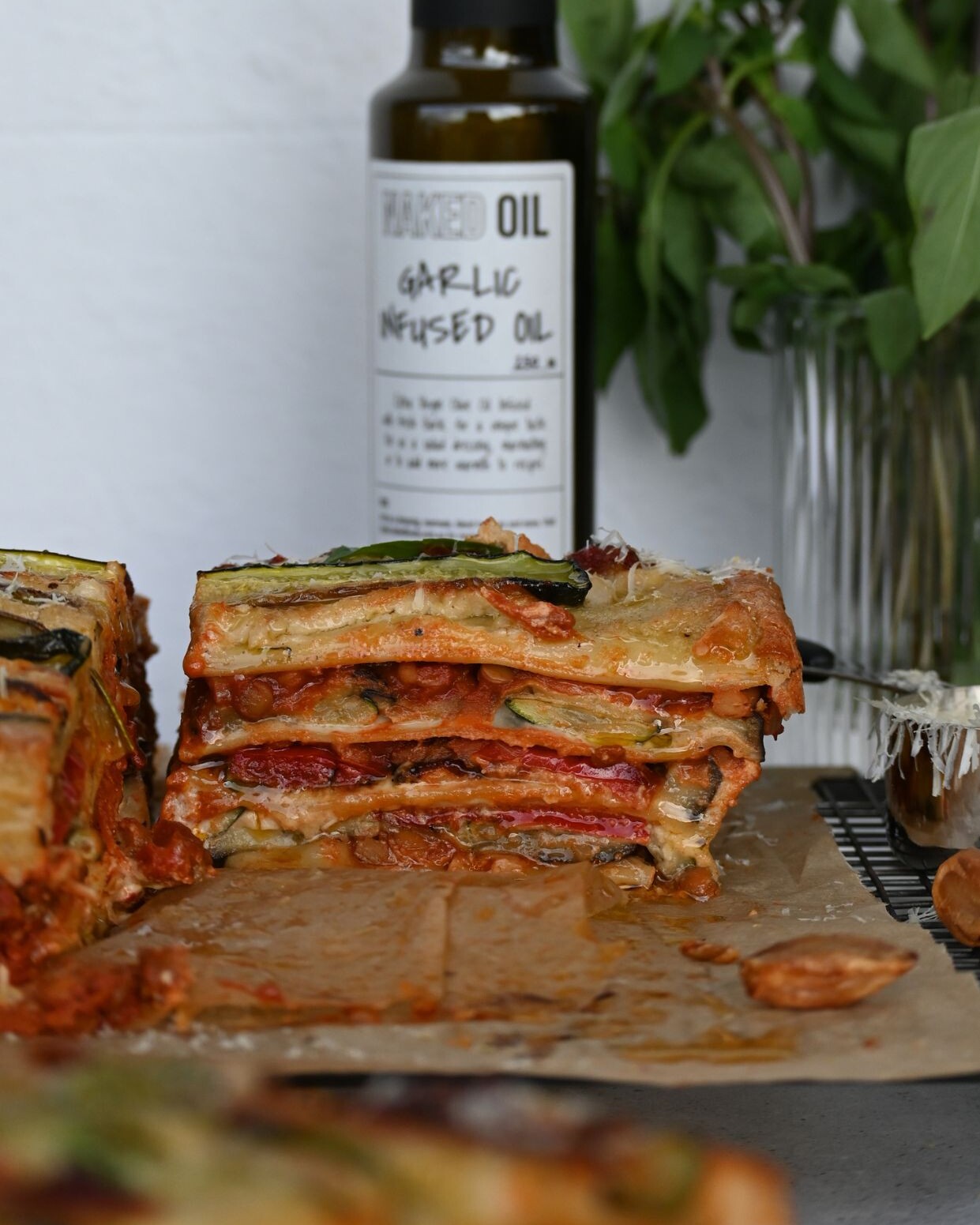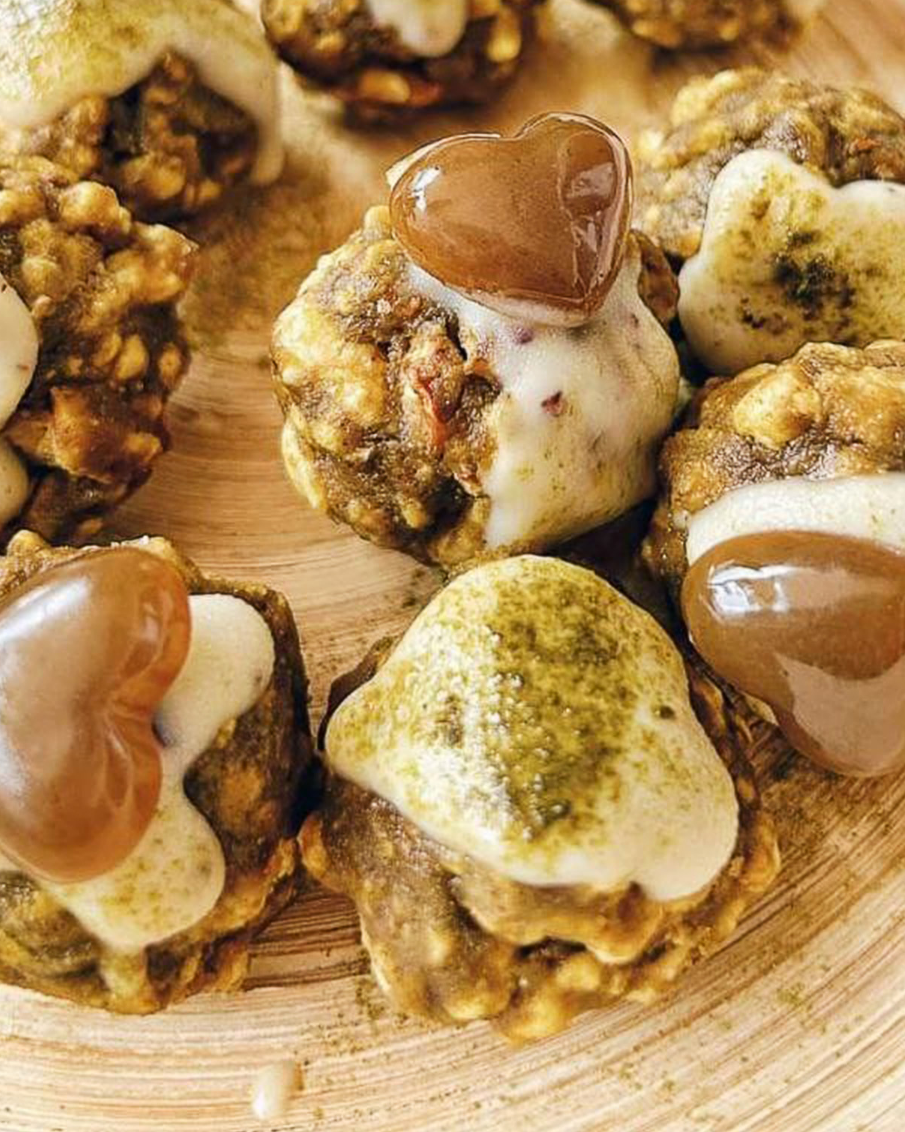Last week, the Collins dictionary word (ahem, two words) of the year was announced as “Climate Strike”1. If ever we needed proof that our environment and climate are at the core of worldwide discussion, this is it.
As the world becomes increasingly environmentally conscious (huge win!), business and brands are jumping on board to put their own spin on sustainability. Recycling and composting are on the rise, along with things like “biodegradable” cups, cutlery and takeaway containers.
While it’s wonderful that eco options are on the rise, with this movement comes confusion, misconception and an overwhelming number of new terms. The top four leaving many of us bewildered are “degradable”, “biodegradable”, “recyclable” and “compostable”. What’s the difference, and are all green products created equal?
We’re so glad you asked.

Degradable
Ah, what a wonderful phrase. According to the Collins English Dictionary2, in science, if a substance degrades or if something degrades it, it changes chemically and decays or separates into different substances.
So…. Everything?
An Australian senate enquiry into the threat of marine plastic pollution in Australia found that the degradable bag option is equally as bad for the environment as regular plastic bags. The report based on the senate findings stated that, “While consumers might feel they are ‘doing the right thing’ by choosing biodegradable or degradable plastic, these products simply disintegrate into smaller and smaller pieces to become microplastic.”3
Put simply – that degradable plastic bag doesn’t just disappear when you throw it out. It breaks into tiny pieces which, if it enters our waterways, can be consumed by smaller marine life, to then be consumed by increasingly large creatures (including, eventually, humans). “Degradable” and “greenwash” are synonymous, and neither of them are your friend.

Biodegradable
Biodegradable products take a small step up from their degradable counterparts – they are composed of plant-based materials like corn and wheat starch rather than petroleum.4 In theory, they can be broken down naturally by bacteria and fungi – but the reality is much more complicated.
Most biodegradable materials require very specific conditions to be met before they can begin to break down. Importantly, temperatures often must reach 50 degrees Celsius – a temperature not found in the ocean.5 On top of this, if the biodegradable materials make it to landfill, there is insufficient oxygen to allow them to break down.6
Long story short, biodegradable materials are not all they seem – and although that little green logo might help you feel better, your “biodegradable” smoothie cup is probably heading for the same fate as a regular piece of plastic.

Recyclable
Recycling 1 ton of paper saves around 2584 litres of oil, 26,500 litres of water and 17 trees7. Recycling is obviously a very important step towards a more circular product life cycle but it’s important to remember that recycling too, burns resources and energy in the process. “Reduce” and “reuse” should always be your first choice, but where do recyclable materials stand compared to biodegradable ones?
In the words of TerraCycle Chief Executive, Tom Szaky, “it took lots of energy to turn soil and plant into biodegradable plastic. When that plastic is composted back into soil, all of that energy is effectively wasted. The most efficient use of the energy would be to make the plastic and keep it as plastic as long as possible. Clearly, the optimal solution is to use materials that can be recycled or reused, allowing complex materials (like plastics) to remain complex materials.”8
Recycling is on the rise with businesses like TerraCycle, RedCycle and Planet Ark offering unique and challenging recycling solutions – including soft plastics. We’re proud to announce that you can now recycle your toothbrushes, toothpaste tubes and floss containers at Naked Foods stores!

Compostable
Compostable products are made from renewable resources such as corn, bamboo, and sugar cane. For a product to be labelled as compostable, the materials must disintegrate by 90% within 90 days of being in a commercial facility. 9 “Commercial facility” are the keywords here.
A commercial compost facility is a very specific environment which has been carefully monitored to maintain the correct temperature, humidity and oxygen levels. Without this perfect ecosystem – if, for example, the product finds its way to landfill – it won’t break down.
The correct collection of those compostable materials is still a challenge in Australia, and varies with location (some compost can even be collected on the kerbside, depending on your council)! We recommend that you search your specific region for commercial composting options, and consider starting your own compost bin for home composting food scraps (read our article here for more info).

So… Which Should I Use?
In an ideal world, you wouldn’t need to use any disposables. We would live in a continual cycle of reducing our consumption and reusing what we already have. However, in our current reality, waste is almost unavoidable. The best we can do is to consider our purchases before we make them, and ask ourselves a few questions before committing, such as:
- Do I really need this?
- Do I own something else which I can repurpose as a substitute?
- Can I borrow it from a friend instead?
- Can I purchase this second-hand?
And if you’re sure you need to buy this? Have a think about the life cycle of this product, from extraction to production to consumption to disposal:
- Was this made locally? Is a local substitute available?
- How can I make this last me as long as possible?
- How will I dispose of this? Can I compost it at home or recycle it?
- Are the product claims (eg biodegradable, compostable) trustworthy, realistic or greenwash?
- Where will this be in 5 years from now? In 500 years from now?
As consumers, it is our choice and opportunity to decide which products will be deemed worth our time and money – and we ultimately shape industries with our spending habits. So choose wisely – and remember this next time you reach for a “biodegradable” coffee cup or cute plastic gadget with a 3-month lifespan.
Bibliography
- Hanson, J. (2019). ‘Climate strike’ named 2019 word of the year by Collins Dictionary. [online] The Guardian. Available at: https://www.theguardian.com/books/2019/nov/07/climate-strike-named-2019-word-of-the-year-by-collins-dictionary [Accessed 8 Nov. 2019].
- com. (2019). Degrade definition and meaning | Collins English Dictionary. [online] Available at: https://www.collinsdictionary.com/dictionary/english/degrade [Accessed 8 Nov. 2019].
- gov.au. (2019). Chapter 8 – Parliament of Australia. [online] Available at: https://www.aph.gov.au/Parliamentary_Business/Committees/Senate/Environment_and_Communications/Marine_plastics/Report/c08 [Accessed 8 Nov. 2019]
- 1 Million Women. (2016). Plastic Bags: What’s The Difference Between Degradable, Compostable and Biodegradable? | 1 Million Women. [online] Available at: https://www.1millionwomen.com.au/blog/plastic-bags-whats-difference-between-degradable-compostable-and-biodegradable/ [Accessed 8 Nov. 2019].
- Vaughan, A. (2016). Biodegradable plastic ‘false solution’ for ocean waste problem. [online] the Guardian. Available at: https://www.theguardian.com/environment/2016/may/23/biodegradable-plastic-false-solution-for-ocean-waste-problem [Accessed 8 Nov. 2019].
- Plastic Bag Recycling. (n.d.). [ebook] Sydney: Planet Ark, pp.1-2. Available at: https://recyclingnearyou.com.au/documents/doc-716-doc-716-plastic-bags-factsheet.pdf [Accessed 8 Nov. 2019].
- The World Counts. (2014). Paper Waste Facts. [online] Available at: https://www.theworldcounts.com/stories/Paper-Waste-Facts [Accessed 8 Nov. 2019].
- SZAKY, T. (2012). The Myth of Biodegradability. The New York Times. [online] Available at: https://boss.blogs.nytimes.com/2012/02/09/the-myth-of-biodegradability/ [Accessed 8 Nov. 2019].
- Kenny, S. (2018). What’s the real definition of compostable?. [Blog] Mama Eco. Available at: https://mamaeco.com/commercially-compostable-definition/ [Accessed 8 Nov. 2019].

